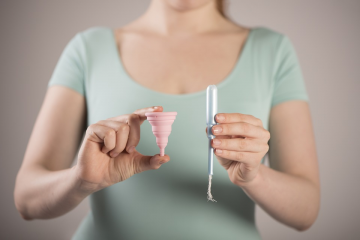Can I drink water after Listerine?
Can I drink water after Listerine?
Most companies suggest not drinking water immediately after using mouthwash. In some brands, the expectorate is stained, so that one can see the bacteria and debris. Mouthwash should not be used immediately after brushing the teeth so as not to wash away the beneficial fluoride residue left from the toothpaste.
How long should you keep Listerine in your mouth?
Swish for a full 30 seconds (try counting to 30 in your head or using a stopwatch). Don’t worry if you can’t get to 30 seconds the first time – it gets easier each time you try. During rinsing, gargle in your mouth. Spit the solution out in the sink.
Is it good to rinse your mouth with Listerine?
Mouthwash can be used to prevent or stop bad breath, as well as to rinse out plaque and fight gum disease. Mouthwash can’t be used as a substitute for regular brushing and flossing. In order for mouthwash to do your mouth any good, it should be used properly.
Why does Listerine burn my mouth?
Mouthwash that’s supposed to whiten your teeth often contains hydrogen peroxide. Essential oils like peppermint oil, eucalyptus oil, and thyme oil can be included in mouthwash to freshen your breath. All of these ingredients can cause your oral rinse to give you a burning sensation as you use it.
What happens if you leave Listerine in your mouth too long?
The alcohol itself has a drying property that will absorb the moisture from your mouth and cause the affected areas to dry out. This can cause cracking, swelling, and discomfort. Mouthwash that contains fluoride can also be harmful if overused.
Do I use Listerine before or after brushing?
Should I use mouthwash? Using a mouthwash that contains fluoride can help prevent tooth decay, but don’t use mouthwash (even a fluoride one) straight after brushing your teeth or it’ll wash away the concentrated fluoride in the toothpaste left on your teeth.
Can Listerine damage taste buds?
Go easy on the mouthwash because doctors say too much of it can ruin your tastebuds. These mouthwashes can also reduce the secretion of saliva and make people’s mouths feel dry, which after extensive use, can impair the ability to taste. …
Why does Listerine burn so much?
Alcohol does have the ability to kill germs, but mouthwash doesn’t contain enough alcohol for that to happen. Some mouth rinses contain high levels of alcohol — ranging from 18 to 26 percent. This may produce a burning sensation in the cheeks, teeth, and gums.


